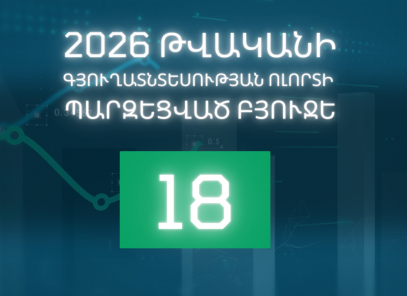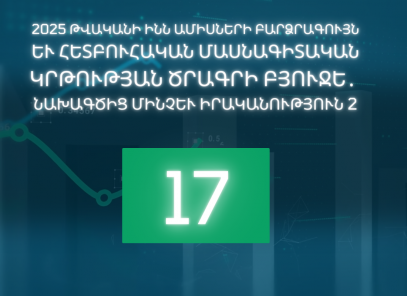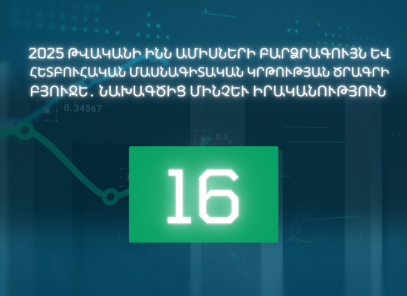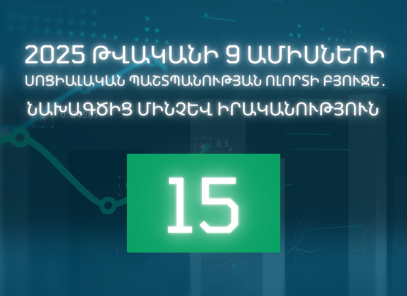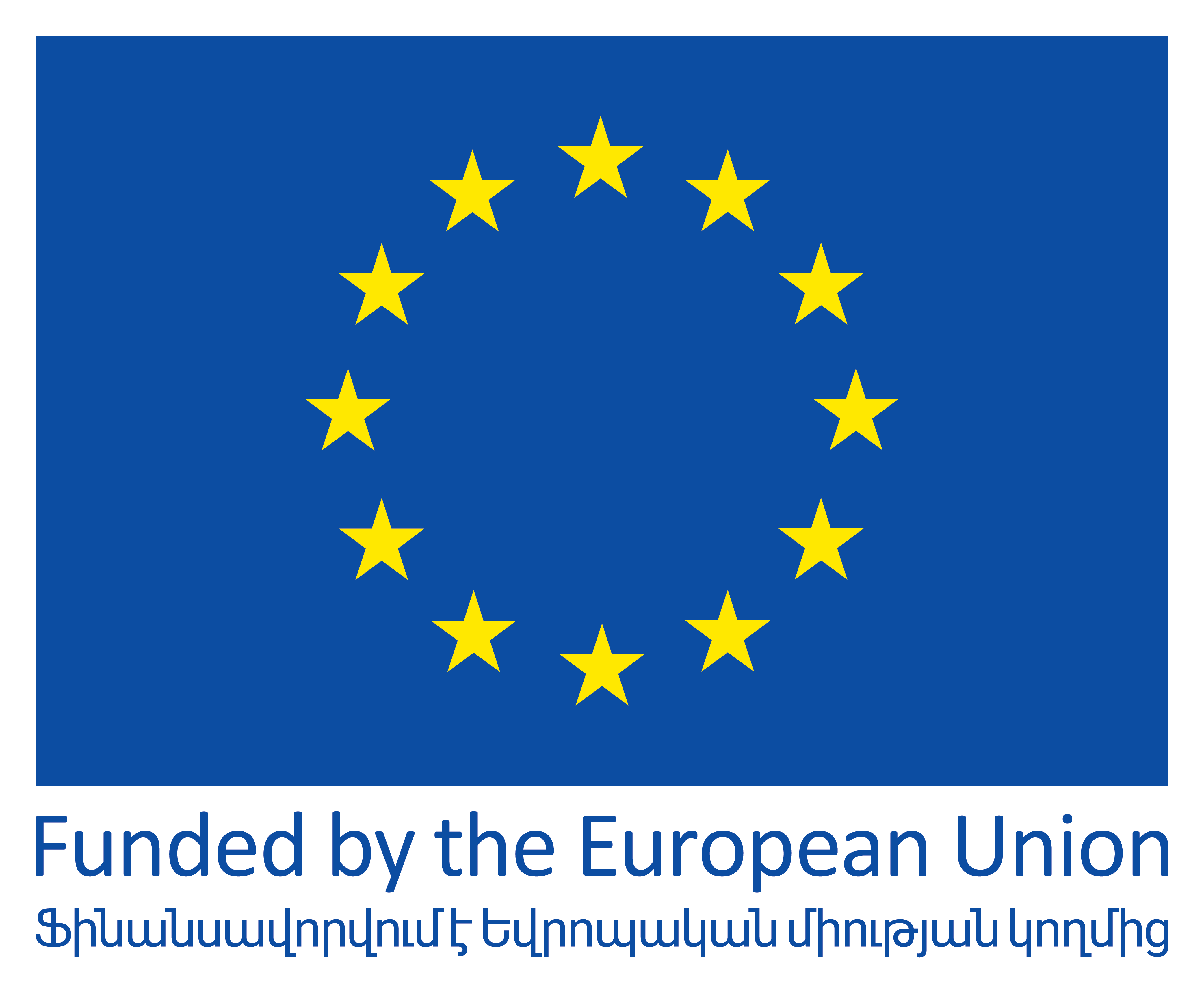Budget decisions are made according to the social, economic and political conditions of the country and are country specific. Implementing change as a budget advocate, requires assessing the environment in which the entity carrying out advocacy activity operates; identifying factors and conditions that may have a positive or negative impact on advocacy.
The presented examples can serve as guidelines for the above conditions.
Legal environment, fiscal transparency and civil society participation: Some countries have legal, political or practical obstacles that make it difficult to engage in the stages of the budget process in different sectors; to collect the information necessary to analyze the budgets; and to perform the budget analysis in a timely manner. A lack of fiscal transparency can hinder active participation in budgetary processes, limit the possibilities by which the government can be obliged to be accountable.
WHAT TO DO? CSOs can study the level of transparency of budget processes in their country. Among the research sources, analyzes and research of specialized CSOs, researches of the International Budget Partnership (IBP) can be considered.
Corruption: Manifestations of corruption in the public sector of countries and their nature are different. As a rule, the sectors that are most risky from the point of view of corruption are not raised by public authorities. Risk areas are quite diverse, they can include public procurement, private sector, granting of privileges and permits, declarations and conflicts of interest of public officials, etc.
WHAT TO DO? CSOs can study the corruption perception level in their country. Among the research sources, analyzes and research of specialized CSOs, the Corruption Perception Index may be considered.
Political instability and unexpected political changes: The political situation of any country can have an impact on the success of the budget advocacy process. These factors, of course, are difficult to predict, and it is possible that their resolution and adequate response will create additional difficulties if there is no pre-developed strategy for such cases.
Legal framework: Before initiating the budget advocacy process, it is necessary to ensure that the goal of advocacy is legally feasible and there are no legislative obstacles. The legal framework includes national legal acts (constitution, state budget law, other laws, by-laws: decrees, regulations, resolutions), national public policies (sectoral strategic plans, concepts) and international documents (conventions, agreements, treaties, e.g. The UN Convention on the Rights of the Child establishes the obligation of state parties to provide compulsory and free primary education for children.
WHAT TO DO? Before starting the budget advocacy process, CSOs are advised to study the legal regulations of the target sector, the international obligations (commitments) of the state, the level of their implementation and evaluations, analyzes by specialized CSOs, research and alternative public monitoring reports.
Understand the state budget, its format and basic legislation: A state budget is a perspective document that sets out much money (such as revenue) is coming in, where it is coming from, and what it will be spent on (such as expenses). It usually covers a specific period of time, often called a fiscal year, and reflects the policy priorities of the current government.
Possible types of revenues and expenses of the state budget are presented below.
| Revenues | Costs | |
| taxes, mandatory fees | (e.g. medical services) | |
| service charges | (e.g. salaries) | |
| loans | capitals
(for example, acquisition of fixed assets) |
|
| grants | investment programs
(e.g. creating of public infrastructure) |
The state budget is an important document that represents public policy and the government’s obligations and commitments aimed at the welfare of the society. It is based on state policies and priorities and ensures their implementation, therefore it is very important that advocacy is carried out in the areas that are included in national policy documents or recognized as a priority direction by the government.
WHAT TO DO? CSOs can check whether the target sector is included in the priority directions of the government. If after checking it becomes clear that this area is not included in the priority directions or in the national policy documents, then they can study the main international obligations and commitments undertaken by the state in that area (for example, the UN Sustainable Development Goals), based on which they can build their own advocacy processes.
The information is from the “Research of International and Armenian Experience on Advocacy and CSO Related Skills in the Budget Process” conducted by the Armenian Lawyers’ Association.


